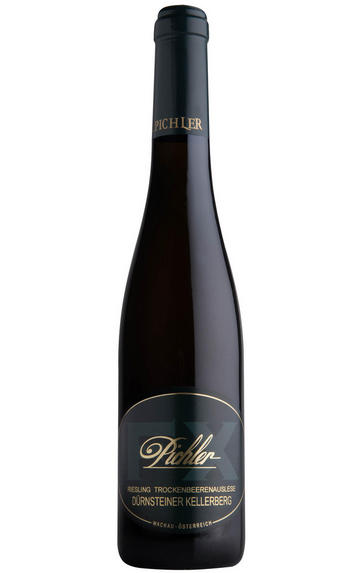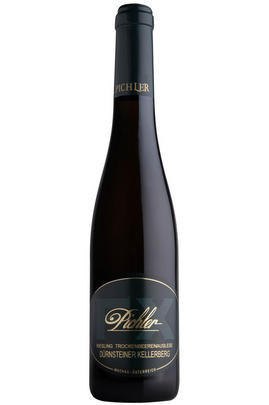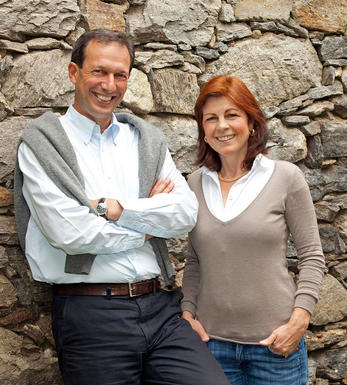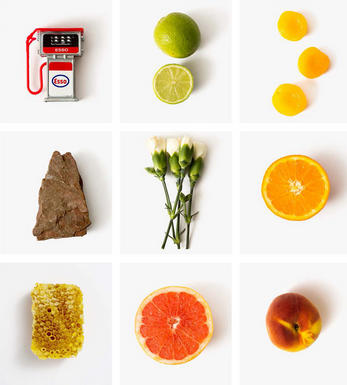
2009 Riesling, Dürnsteiner Kellerberg TBA, F. X. Pichler

Critics reviews
David Schildknecht - 31/10/2011
About this WINE

Weingut F. X. Pichler
Weingut Franz Xaver Pichler in Dürnstein is a family-run winery based in the Austrian wine region of Wachau. The vineyads consist of 16ha of vines, mainly Grüner Veltliner und Rheinriesling.
Grüne Veltliner M (for Monumental) and the Grüne Veltliner Kellerberg Smaragd are their flagship cuvees, followed by the Rheinrieslinge M, Unendlich and Kellerberg Smaragd. Hugh Johnson described the winery as one of the leading growers in the region of Wachau.

Riesling
Riesling's twin peaks are its intense perfume and its piercing crisp acidity which it manages to retain even at high ripeness levels.
In Germany, Riesling constitutes around 20% of total plantings, yet it is responsible for all its greatest wines. It is planted widely on well-drained, south-facing slate-rich slopes, with the greatest wines coming from the best slopes in the best villages. It produces delicate, racy, nervy and stylish wines that cover a wide spectrum of flavours from steely and bone dry with beautifully scented fruits of apples,apricots, and sometimes peaches, through to the exotically sweet flavours of the great sweet wines.
It is also an important variety in Alsace where it produces slightly earthier, weightier and fuller wines than in Germany. The dry Rieslings can be austere and steely with hints of honey while the Vendages Tardives and Sélection de Grains Nobles are some of the greatest sweet wines in the world.
It is thanks to the New World that Riesling is enjoying a marked renaissance. In Australia the grape has developed a formidable reputation, delivering lime-sherbet fireworks amid the continental climate of Clare Valley an hour's drive north of Adelaide, while Barossa's Eden Valley is cooler still, producing restrained stony lime examples from the elevated granitic landscape; Tasmania is fast becoming their third Riesling mine, combining cool temperatures with high UV levels to deliver stunning prototypes.
New Zealand shares a similar climate, with Riesling and Pinot Gris neck to neck in their bid to be the next big thing after Sauvignon Blanc; perfectly suited is the South Island's Central Otago, with its granitic soils and continental climate, and the pebbly Brightwater area near Nelson. While Australia's Rieslings tend to be full-bodied & dry, the Kiwis are more inclined to be lighter bodied, more ethereal and sometimes off-dry; Alsace plays Mosel if you like.


Buying options
Add to wishlist
Description
Until 1st April this product is discounted by 40 percent. Price shown includes saving.*
*Discount is already applied to the single-bottle price and no further discount will be applied at checkout.
wine at a glance
Delivery and quality guarantee